From Daphne du Maurier to Helen Oyeyemi, these are the female ghost writers you need to know about
If you’re looking for some spooky reading this Halloween, then try a ghost story… but forget the obvious male authors, women writers have got you covered, and always have had, says David Barnett

Your support helps us to tell the story
From reproductive rights to climate change to Big Tech, The Independent is on the ground when the story is developing. Whether it's investigating the financials of Elon Musk's pro-Trump PAC or producing our latest documentary, 'The A Word', which shines a light on the American women fighting for reproductive rights, we know how important it is to parse out the facts from the messaging.
At such a critical moment in US history, we need reporters on the ground. Your donation allows us to keep sending journalists to speak to both sides of the story.
The Independent is trusted by Americans across the entire political spectrum. And unlike many other quality news outlets, we choose not to lock Americans out of our reporting and analysis with paywalls. We believe quality journalism should be available to everyone, paid for by those who can afford it.
Your support makes all the difference.When we think of ghost stories, we often mainly consider male authors. From the classic Victorian-era writers such as MR James, Sheridan Le Fanu and Bram Stoker, to the modern masters like Stephen King, James Herbert and Adam Nevill.
So you might be forgiven for thinking haunted houses, rattling chains and things that go bump in the night is strictly a man’s game. But think again.
“There is a tendency to focus more on male writers of ghost stories, and I think this has to do with a few factors,” says Dr Melissa Edmundson. “Women writers typically confined their supernatural fiction to the short story, and this genre has historically been overlooked by critics. With the recent interest in short stories, combined with the mainstreaming of gothic studies, more attention is being paid to the role women played within the ghost story tradition.”
Dr Edmundson has a PhD in 19th-century British literature and specialises in ghost stories by women writers. She is the author of Women’s Ghost Literature in Nineteenth-Century Britain, published by the University of Wales Press in 2013, and next year sees the publication of her book Women’s Colonial gothic Writing, 1850-1930: Haunted Empire.
One reason why women writers have been overlooked, she says, is that the fad for paperback anthologies of ghost and horror stories that was popular in the 1970s and 1980s often simply ignored them.
She says: “They tended to reprint the same stories by men over and over again while ignoring the majority of women’s stories. The contribution of women is also complicated by the fact that so many of their original collections are incredibly rare. Oftentimes, it takes a tremendous amount of detective work to track down these lesser-known stories.
“To be able to discuss many of these women writers, I’ve become an amateur rare book collector, scouring secondhand bookshops and the like to find that one obscure collection that contains these incredible stories that no one knows about, simply because there are so few copies available.”
Which is where Johnny Mains comes in. He’s the editor of a new book, due out next month, which gathers together Victorian-era ghost stories by women writers, most of which have never seen the light of day since their initial publication.
Called A Suggestion of Ghosts – Supernatural Fiction by Women, 1854-1900, the volume will be published by Black Shuck books in a limited edition hardcover followed by a paperback. Was it his intention to focus on women writers?
“It was a happy accident,” says Mains. “I was working on a book called Half-Remembered Nightmares an anthology of ghost and horror stories I had read in my teenage years. I was searching through archives for a particular story, I forget what, but I came across ‘The Ghost of the Nineteenth Century’ by EA Henty and was really taken by a remarkably written story.
“I couldn’t find anything about the author, apart from the fact that she wrote a book of Australian poetry with her husband, and that’s when the penny dropped. How many more stories could I find by female authors in the 19th century that were so obscure that they probably hadn’t been read or discussed since initial publication?”
Dr Edmundson says: “As anthologists and critics continue to rediscover these forgotten writers and return them to the attention of modern-day readers, we will have a more complete picture of the ghost story tradition, one that should always include the ‘usual suspects’ of MR James, William Hope Hodgson, Le Fanu, Dickens, Blackwood, and Poe, but which also embraces a greater variety of voices who represent different perspectives.”
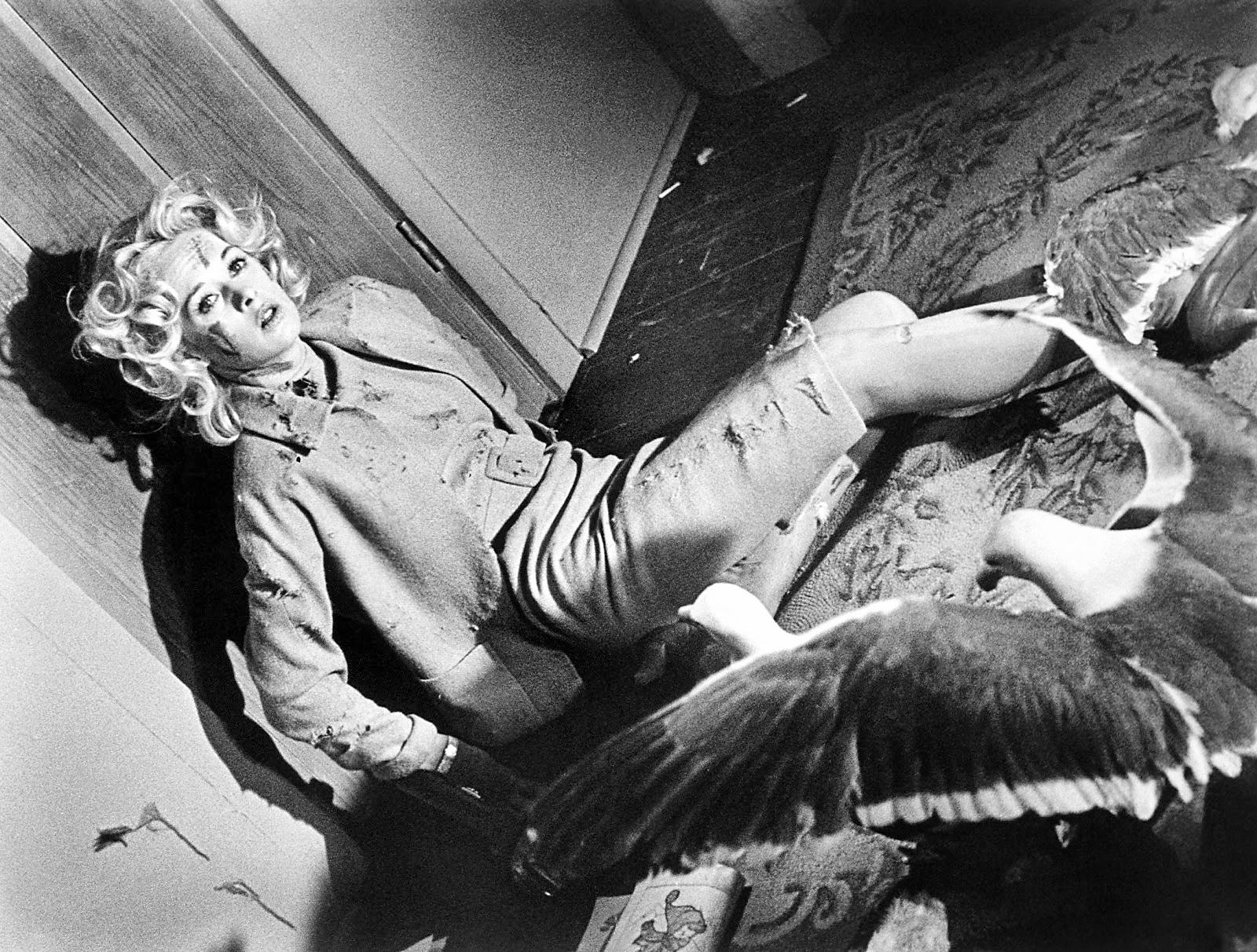
It’s likely that the modern horror tradition was started by a woman anyway. While Mary Shelley’s Frankenstein, published in 1818, wasn’t actually a ghost story, it did come out of that infamous night of telling spooky tales at the Villa Diodati and Lord Byron’s suggestion that they all try to write their own.
“Women were integral to the formation of the modern ghost story, a tradition that really came into its own in the 19th century,” says Dr Edmundson. “It’s a genre dominated by women, but we will never truly know how many women published ghost stories because so many wrote under pseudonyms or wrote anonymously. Women also tended to use male narrators, so many stories that were written anonymously and thought to be by men were actually written by women.
“The entire second half of the 19th century into the first half of the 20th century was a remarkable period of productivity when it came to women writing supernatural fiction. Certainly some of the best known women writers of ghost stories came out of the 19th century, such as Elizabeth Gaskell, Charlotte Riddell, Margaret Oliphant, Edith Nesbit and Vernon Lee, to name only a few.”
Mains agrees, calling the 19th century a “golden age” for women ghost story writers. He adds: “I think when we look at the Victorian ghost story closely, it was mainly a female-led field.”
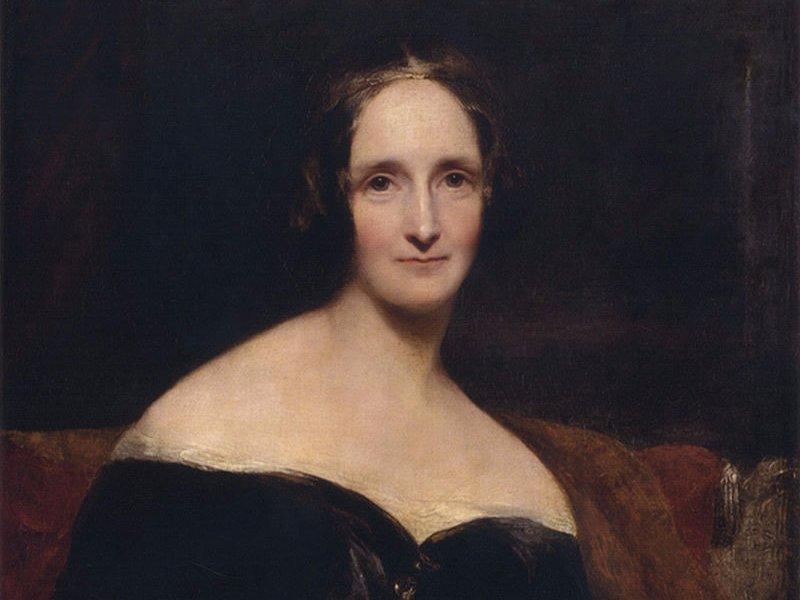
Dr Edmundson adds: “However, there are many wonderful collections of supernatural/horror fiction published in the 20th century as well. Authors such as Margery Lawrence, Violet Hunt, Margaret Irwin and Eleanor Scott excelled in this blending of supernatural and horror, but their work is often overshadowed by that of MR James, Arthur Machen, Algernon Blackwood, and HP Lovecraft.”
Could it even be that, despite the ghost story being a male-dominated form, at least in perception, that women actually do it better?
Mains says: “Michael Cox states in The Oxford Book of Ghost Stories that writing also gave Victorian women a supplemental income, ‘a sense of freedom from social stereotypes and they were able to express their thoughts on love, death, madness, and sexuality’ in a way like never before. This ‘golden age’ of fiction was then taken over by men, as men are wont to do, and females again were on the back foot.”
“Given my research, I’m a bit partial, but personally, I think women write better ghost stories,” says Dr Edmundson. My own opinion is based on what I think makes a ghost story so important and what I think also differentiates stories written by women as opposed to stories by men. This is a more fully developed emphasis on what I’ve termed the ‘social supernatural’. Women tend to be more concerned with social issues in their writing, particularly regarding gender and class difference. In women’s stories, there is a more developed sympathy for individual characters and their personal relationships. Women frequently tackle sensitive topics such as violence against women, child abuse, the effects of poverty, war, imperialism, class and racial prejudice, and aren’t afraid to describe gruesome deaths in their narratives, particularly the murder of women.
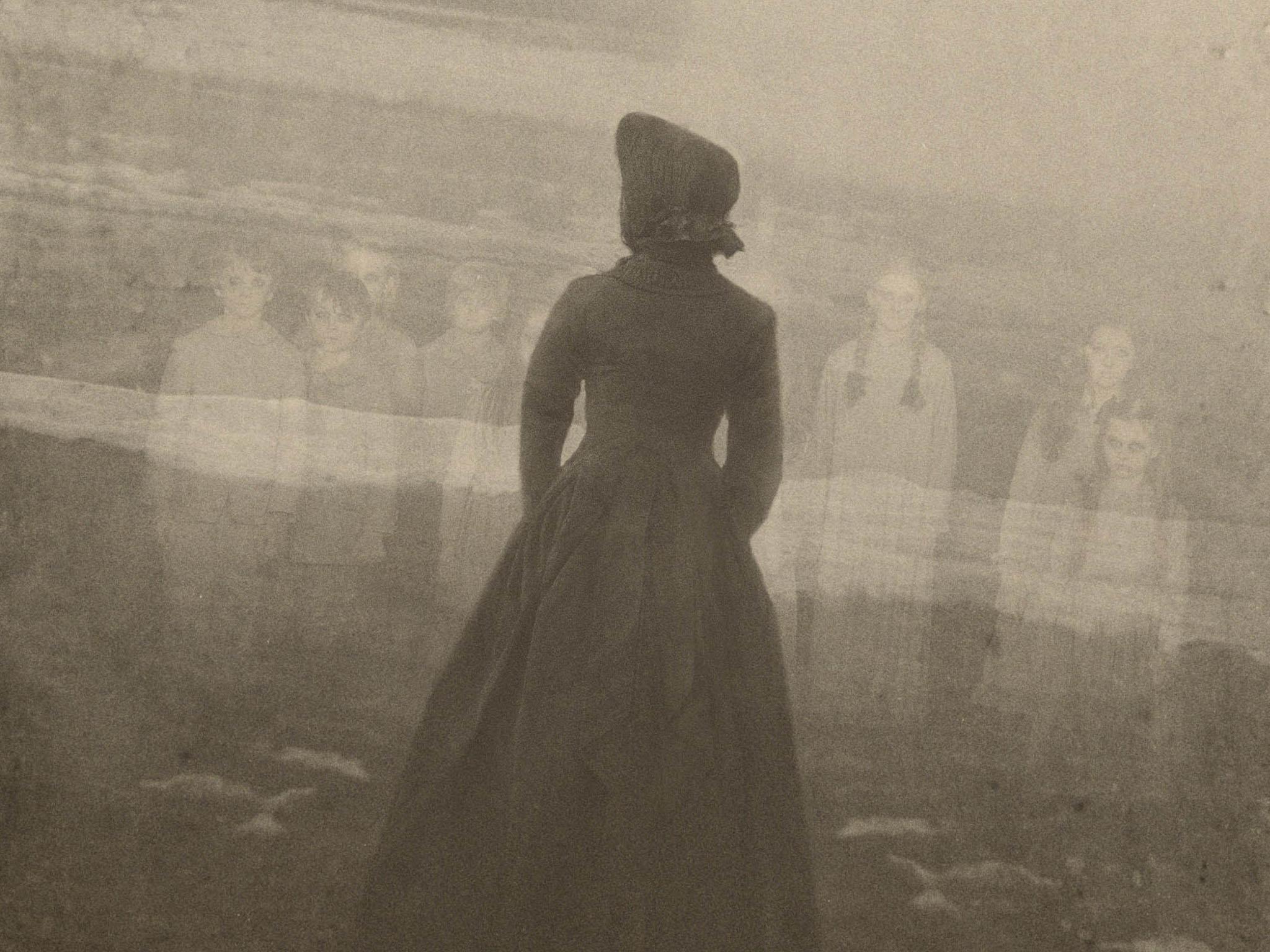
“Ghost stories and haunted houses also allow women to critique the perceived safety of the domestic home as a place of terror. Another major theme is revenge and retribution.
“There are many memorable stories where villains get their comeuppance in some particularly creative ways. It is this social element that gives ghost stories their power.
“As Elizabeth Bowen put it in 1952, after living through two world wars, ‘Ghosts exploit the horror latent behind reality.’ These stories are always more terrifying when the fictional ghosts reveal the darker elements that exist in the everyday world, and often within ourselves, elements that could disrupt our safety and security at any time. In this sense, ghost stories are like mirrors. When we read one, we’re being shown ourselves, our own fears and anxieties.”
While waiting for Johnny Mains’ anthology A Suggestion of Ghosts, and Dr Edmundson’s Haunted Empire, to be published, here are 10 women writers who you should be checking out this Halloween:
Kathryn Tucker Windham
Alabama-born Windham died in 2011 and left an intriguing body of work, exemplified by a series of books purporting to be true ghost stories… which she was allowed to do as she had an actual ghost living in her house. Called Jeffrey, he took up residence with her in October 1966 and inspired her first volume, 13 Alabama Ghosts and Jeffrey.
Susan Hill
Hill is best known for her classic ghost story “The Woman in Black”, filmed with Daniel Radcliffe in a starring role, and has a fine oeuvre of modern gothic fiction under her belt. She deftly wrangles echoes of M.R. James and Daphne du Maurier into her stories, and a special delight is her 1992 novel The Mist in the Mirror.
Lady Cynthia Asquith
Friend of DH Lawrence, secretary to JM Barrie, wife to the son of British Prime Minister HH Asquith, Lady Cynthia also had a profound interest in supernatural fiction, and edited an anthology called The Ghost Book, as well as writing her own ghost stories, the most famous of which is “The Follower”.
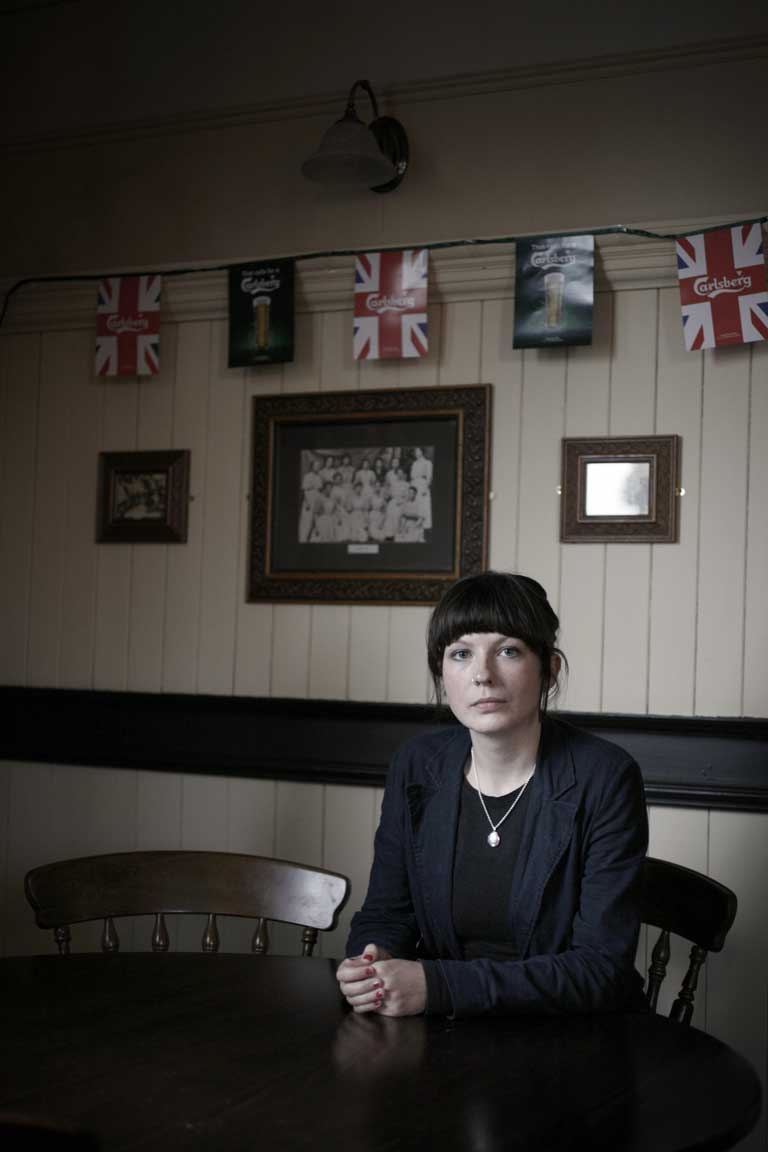
Jenn Ashworth
Ashworth (above) is a contemporary writer who you should definitely investigate, especially her most recent novel Fell. Set among the constantly-shifting landscape of Lancashire’s Morecambe Bay, it’s an ambiguous, literary triumph that utilises its backdrop to full effect and leaves an unsettling residue long after you close the covers.
Joanne Harris
Harris rose to fame as the author of Chocolat, which was the subject of a much-loved film adaptation, but in recent years especially she’s delved more and more into the worlds of folklore and myth (her latest, A Pocketful of Crows, is a dark and lovely treat). Her novel Sleep, Pale Sister, which was published before Chocolat, is a spooky gothic gem.
Margery Lawrence
According to Dr Melissa Edmundson, “Margery Lawrence is a personal favourite of mine, and the one writer I refuse to read before bedtime,” which should be recommendation enough. She was born in Wolverhampton in 1889, and one of her best known works is Number Seven, Queer Street, a collection of stories from the casebook of her occult investigator Dr Miles Pennoyer.
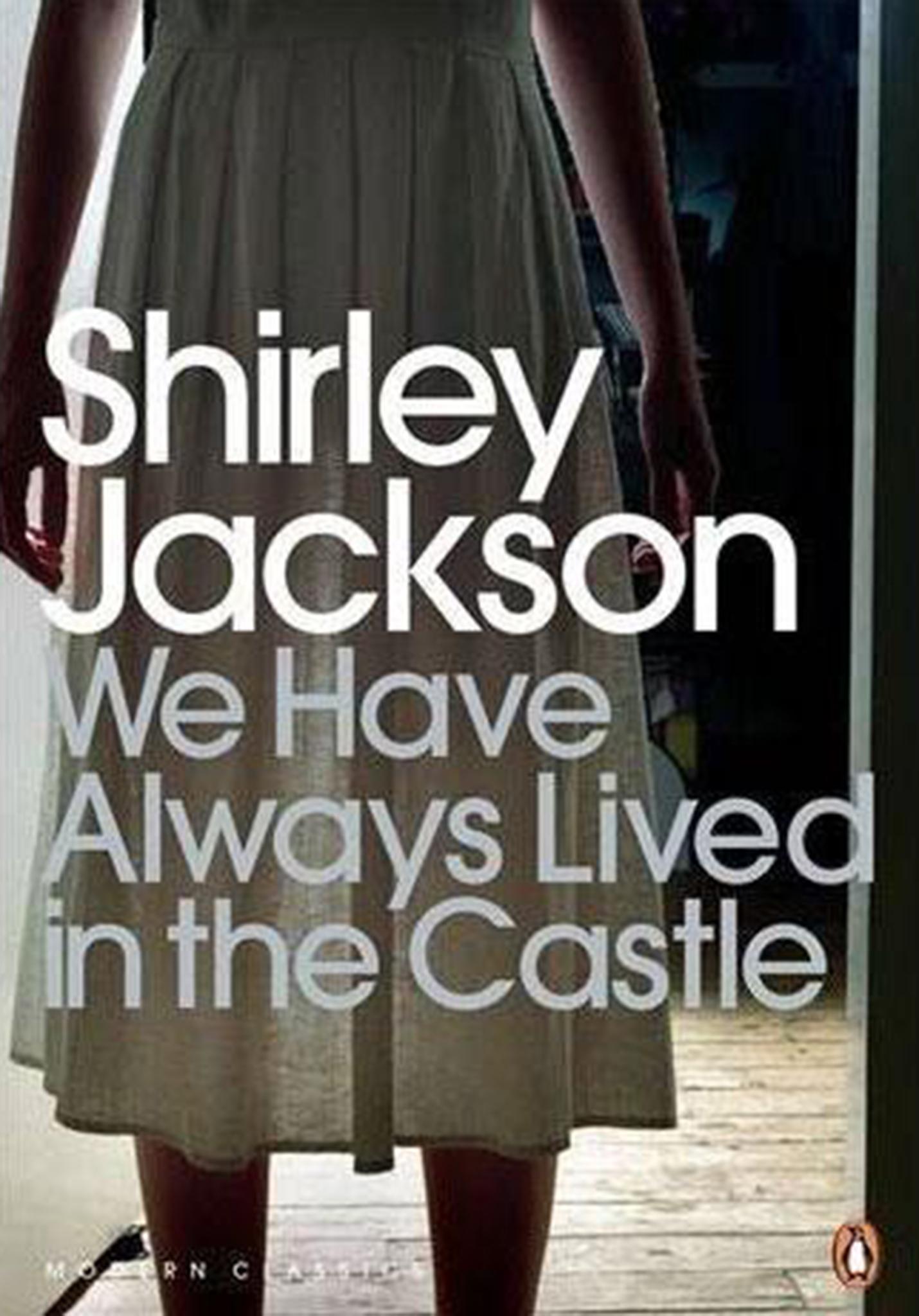
Shirley Jackson
If you don’t read anyone else from this list, American Shirley Jackson, who celebrated her centenary last year (she died very young, aged 48, in 1965) is the one you should. The Haunting of Hill House is a truly terrifying novel, and a new film adaptation of her eerie We Have Always Lived In The Castle is due out next year.
Helen Oyeyemi
Her first novel, The Icarus Girl, was published while Oyeyemi was studying for her A Levels, and since then she has mined myths and folklore from around the world for her tales, including Cuba for The Opposite House. White is for Witching has very MR Jamesian roots, while her latest book, published last year, is a collection of short stories entitled What is Not Yours Is Not Yours.
Daphne du Maurier
Cornwall’s greatest export, du Maurier is famous for her short story “The Birds”, which Hitchcock based his movie on, the dark doings of smugglers in Jamaica Inn, and the gothic melodrama of Rebecca. She also wrote a healthy clutch of good, old-fashioned ghost stories, including “Don’t Look Now”, which Nic Roeg turned into a movie, and “Escort”, in which a ship gets a very spooky distress call.
Sarah Waters
Author of Victorian-set novels Tipping the Velvet, Fingersmith and Affinity, all of which mix sexuality and gothic overtones, Waters turned her hand to a classic ghost story in her 2009 novel The Little Stranger, set in a tumbledown Warwickshire mansion in the 1940s, which pushes all the right buttons with creepy noises, spooky writing on the wall and silent phone calls.
Join our commenting forum
Join thought-provoking conversations, follow other Independent readers and see their replies
Comments